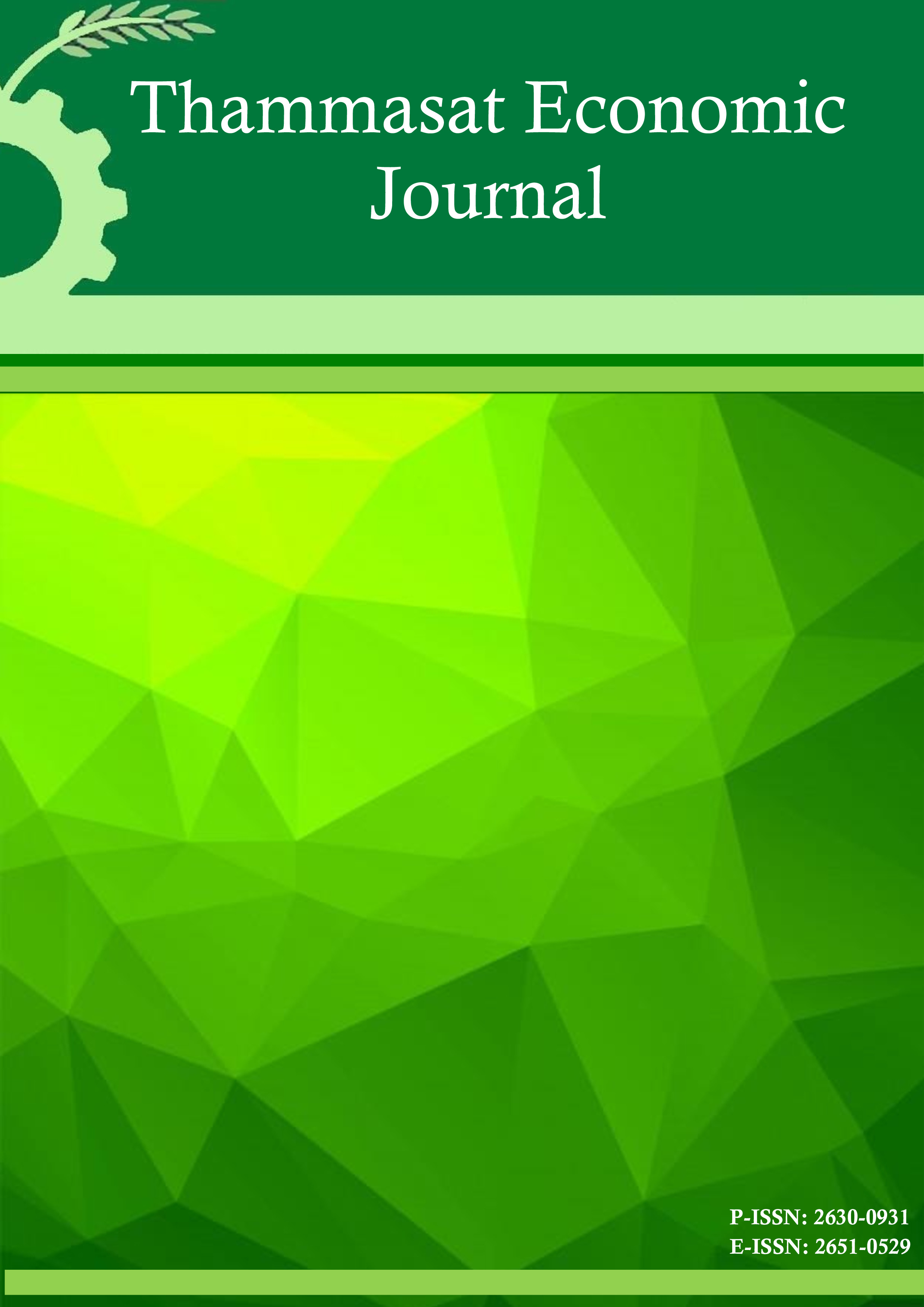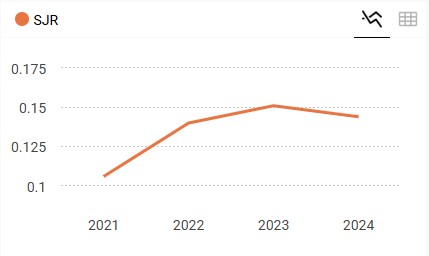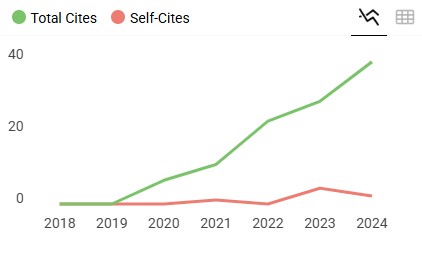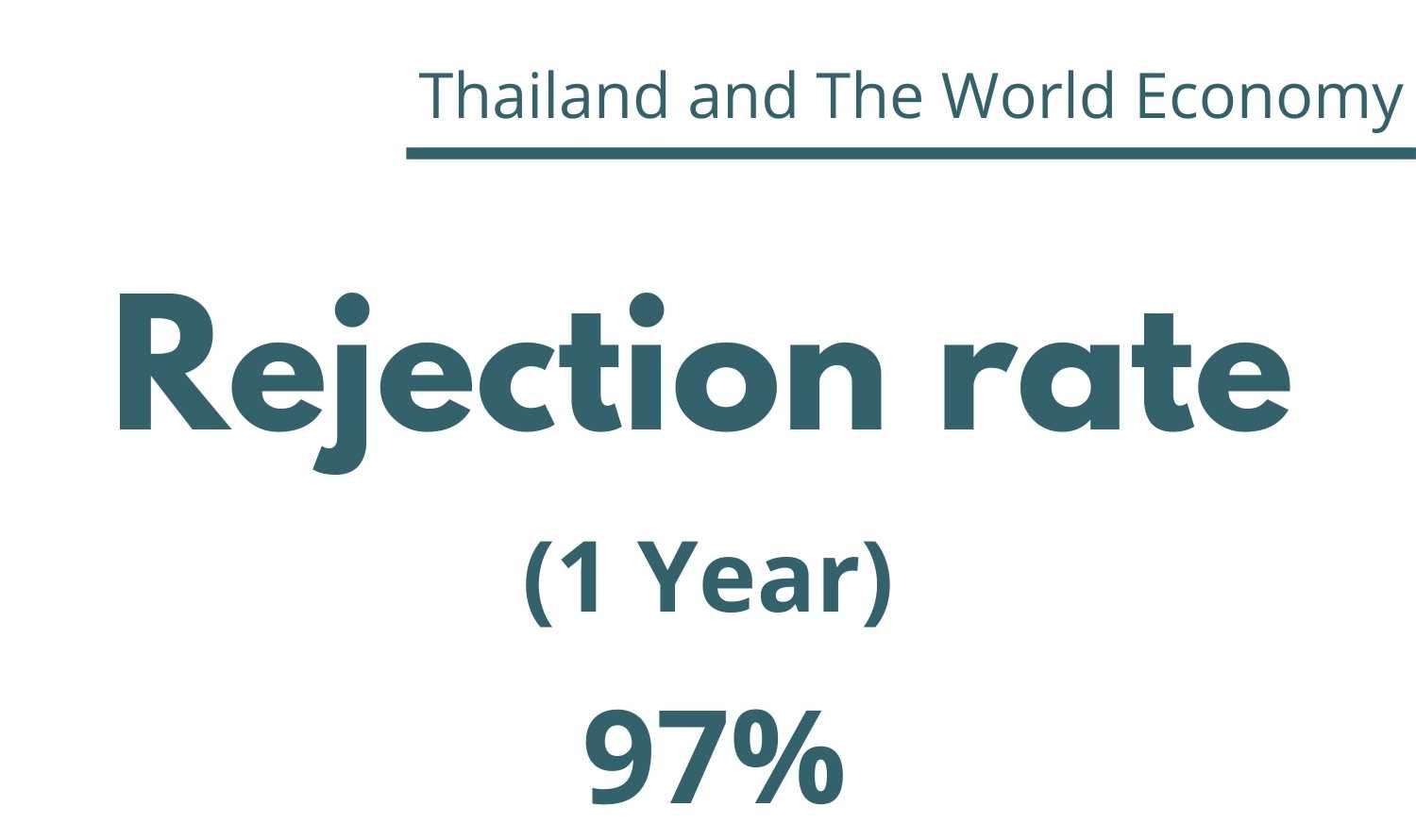The Effect of Music Piracy on CDs Purchases
Abstract
This study attempts to measure the effect of music piracy on CDs purchases in Thailand by employing simultaneous tobit model. The econometric result shows that the pirated music individual consumed substitutes the original CDs individual purchased. However, this variable is insignificant. We can state that pirated music does not affect the quantity purchased in the original music CDs. The most influential variable is the level of music interest determining music
purchases positively. The qualitative questions are asked to explain the decline in music purchases. It can be concluded that the decline in music sales occurs because (1) there are no albums releasing from consumers’ favorite artists, (2) consumers prefer to listen to only songs matched with their preferences and ignore the rest of the album, (3) songs are not melodious as the expectation, (4) law enforcement and quality difference between original and pirated music seem meaningless to consumers, and (5) the price of the original album is too high.
References
2. Belleflamme, Paul (2002). “Pricing Information Goods in the Presence of Copying.” University of London working paper No. 463.
3. Blackburn, David (2004). “On-Line Piracy and Recorded Music Sales.” Harvard University.
4. Boorstin, Eric (2004). “Music Sales in the Age of File Sharing.” Thesis, Princeton.
5. Bounie, David, Marc Bourreau and Patric Waelbroeck (2005). “Pirates or Explorers? Analysis of Music Consumption in French Graduate School.” Telocom Paris workin paper EC-05-01.
6. Connolly, Marie and Alan Krueger (2005). “Rockonomics: The Economics of Popular Music.” NBER working paper No. 11282.
7. Duchene Anne and Patrick Waelbroeck (2005). “Peer-to-peer, Piracy and the Copyright Law:Implications for Consumers and Artist.” Developments in the Economics of Copyright, Cheltenham, UK, Edward Elgar: 60-79.
8. Greene, William (2003). Econometric Analysis (5th Edition). Prentice Hall.
9. Gujarati, Damodar (2003). Basic Econometrics (4th Edition). McGraw-Hill.
10. Hui, Kai Lung and Ivan Png (2003). “Piracy and the Legitimate Demand for Recorded Music.” Contributions to Economic Analysis and Policy, Volume 2 Issue 1 Article 11.
11. Liebowitz, Stan (2003). “Will MP3 Downloads Annihilate the Record Industry? The Evidence so Far.” Mimeo, University of Texas.
12. Maddala, G. S. (1999). Limited Dependent and Qualitative Variables in Econometrics. Cambridge University.
13. Nelson, Forrest and Lawrence Olson (1978). “Specification and Estimation of a Simultaneous-Equation Model with Limited Dependent Variables.” International Economic Review, Volume 19, No. 3: 695-709.
14. Novos, Ian and Michael Waldman (1984). “The Effects of Increased Copyright Protection: An Analytical Approach.” Journal of Political Economy, 92: 236-46.
15. Oberholzer, Felix and Koleman Strumpf (2004). “The Effect of File Sharing on Record Sales: An Empirical Analysis.” Mimeo, Harward Business School and UNC Chapel Hill.
16. Panichakul, Wattanee (2002). “Economic Rent in Musical Industry: A Case Study of the Shares between Music Companies and Singers.” Thesis, Faculty of Economics, Thammasat University.
17. Peitz, Martin and Patrick Waelbroeck (2003). “Piracy of Digital Products: A Critical Review of the Economics Literature.” CESIFO working paper No. 1071.
18. Poddar, Sougata (2003). “Software Piracy: When Protection is Optimal to the Software
Developer,” National University of Singapore working paper No. 0312.
Rob, Rafael and Joel Waldfogel (2004). “Piracy’s on the High C’s: Music Downloading, Sales
Displacement, and Social Welfare in a Sample of College Student.” NBER working
paper No. 10874.
Rob, Rafael and Joel Waldfogel (2006). “Piracy on the Silver Screen.” NBER working paper No.
12010.
Simon, Carl and Lawrence Blume (1994). Mathematics for Economists. W.W.
Norton&Company.
Wooldridge, Jeffrey (2002). Econometric Analysis of Cross Section and Panel Data. MIT.
Zentner, Alejandro (2003). “Measuring the Effect of Music Downloads on Music Purchases.”
University of Chicago working paper.
Zhang, Michael (2002). “A Review of Economic Properties of Music Distribution.” Mimeo,
Sloan School of Management, MIT.










